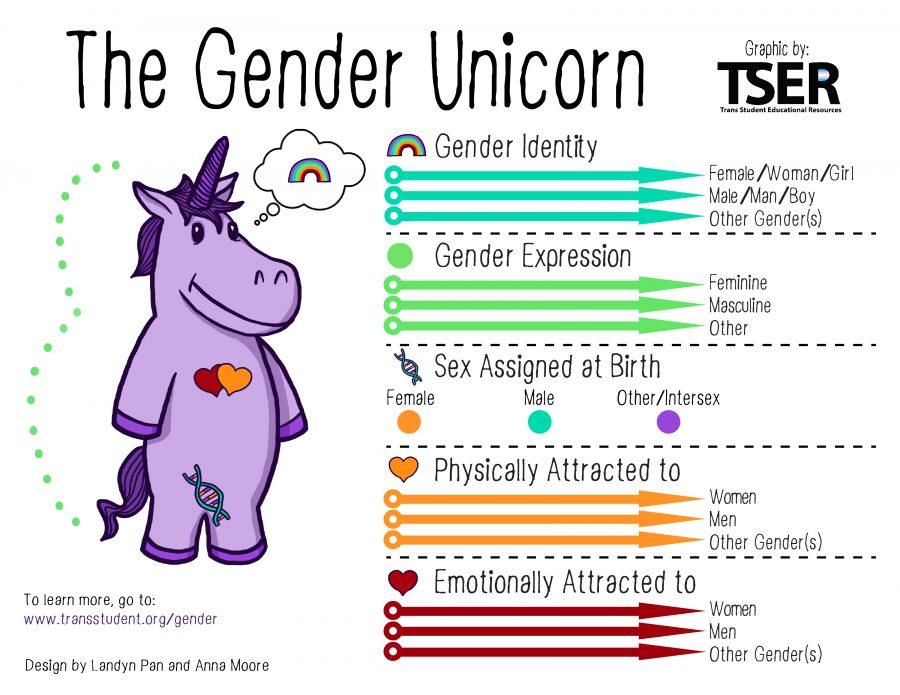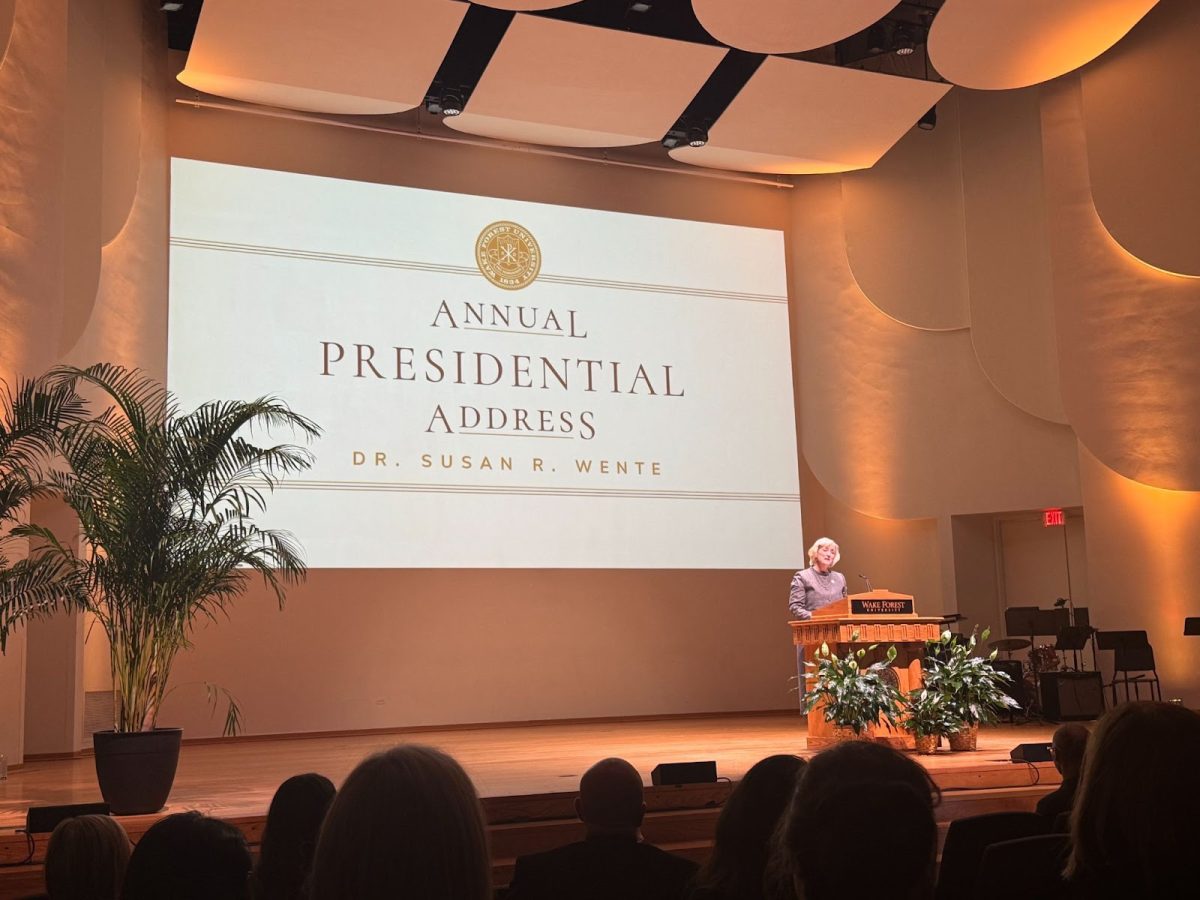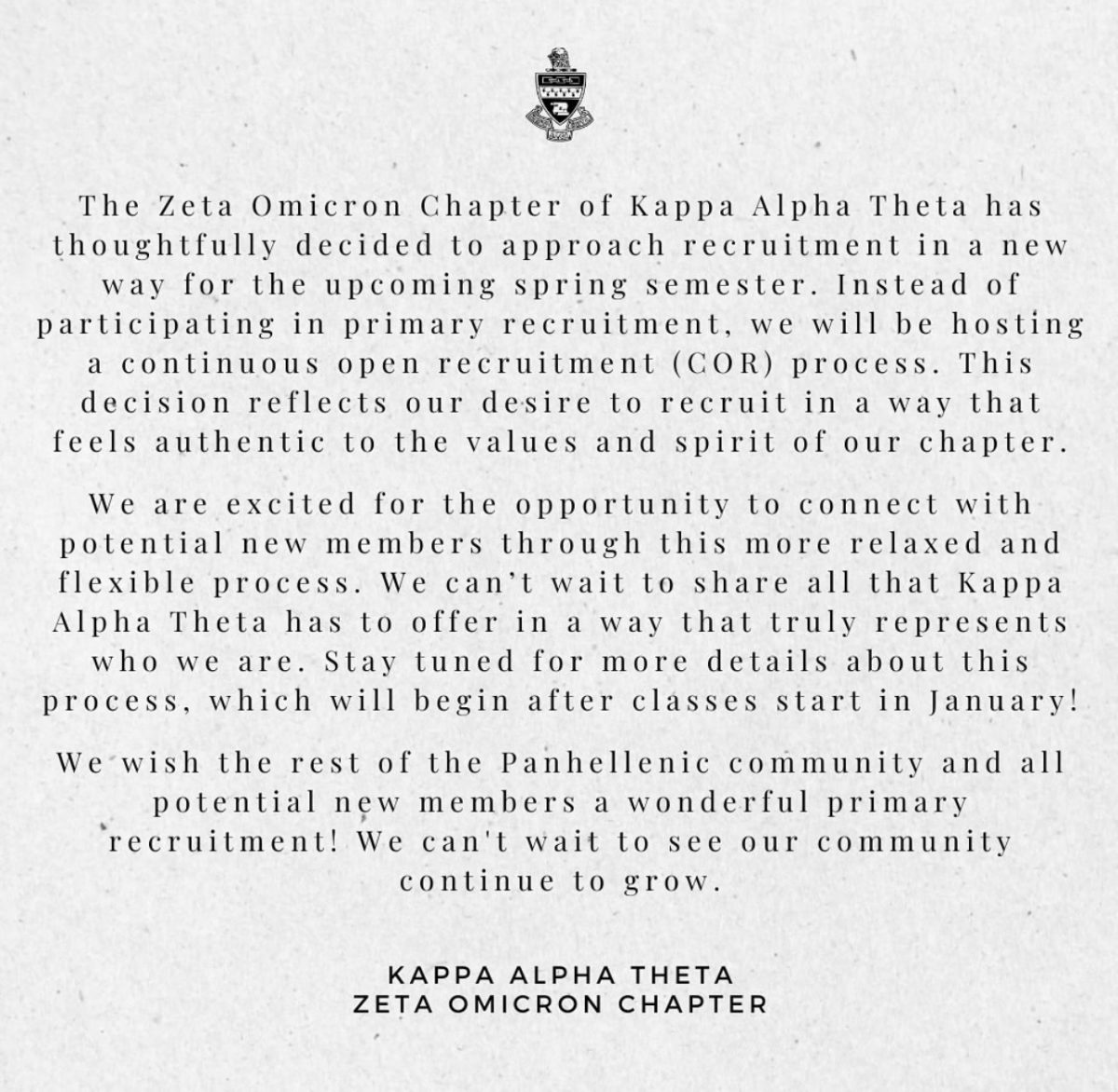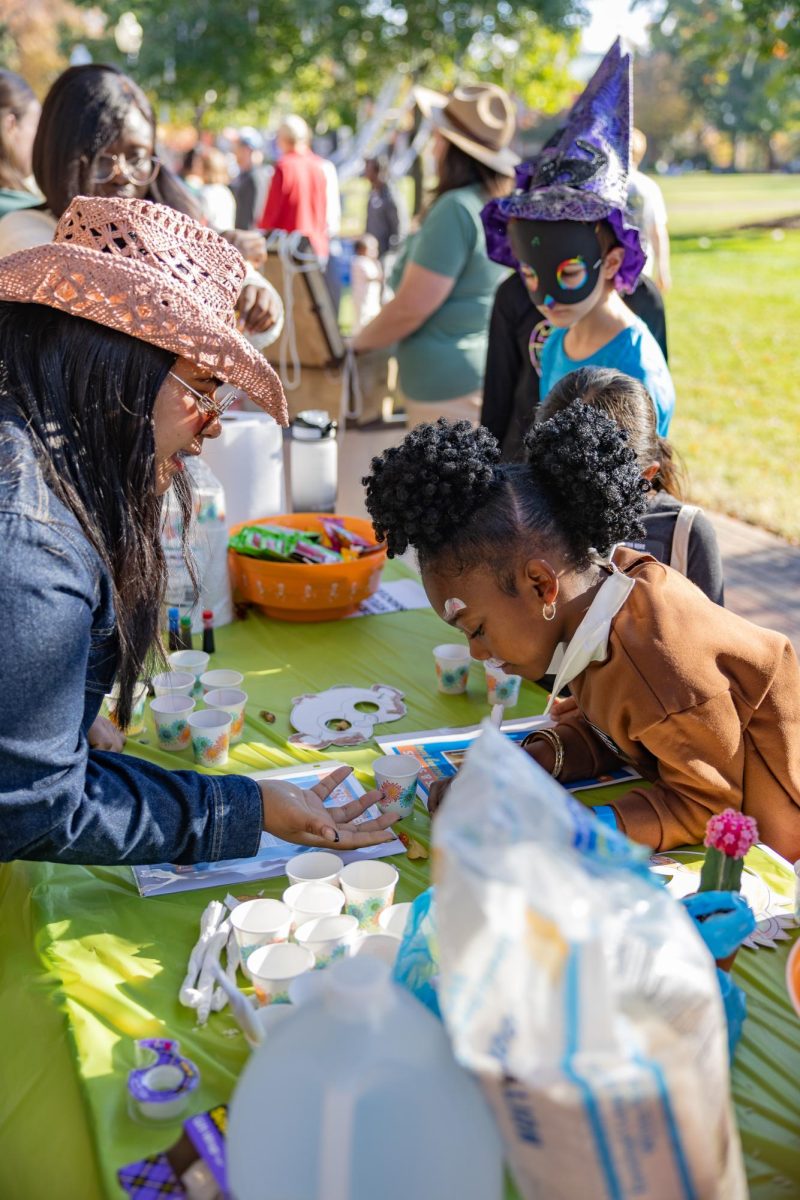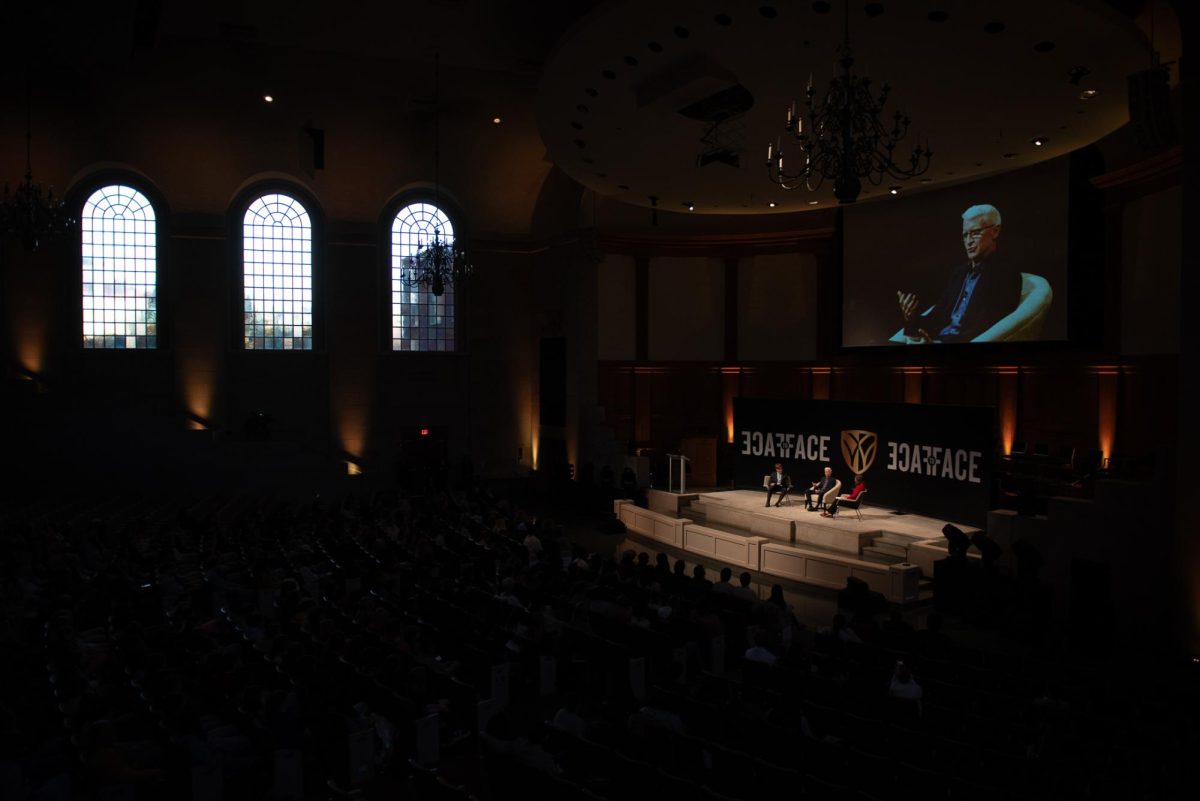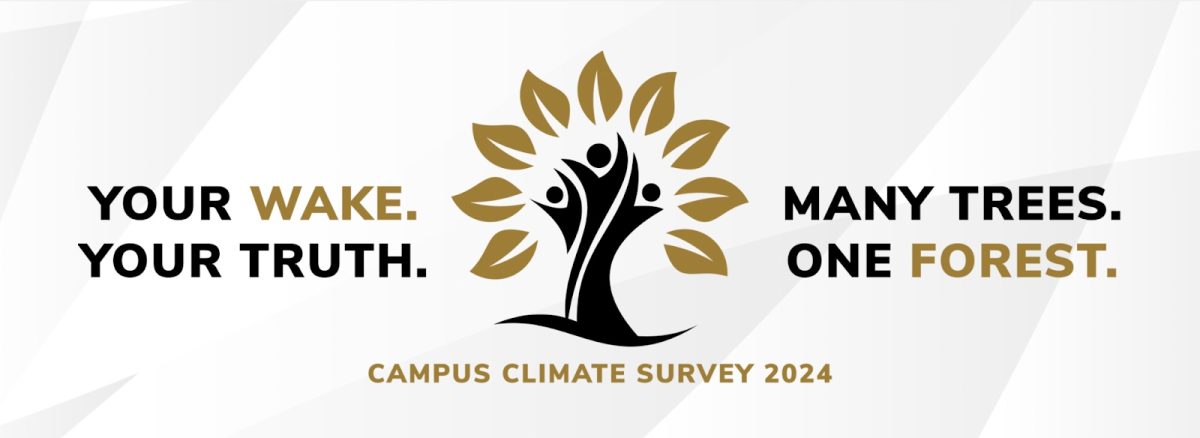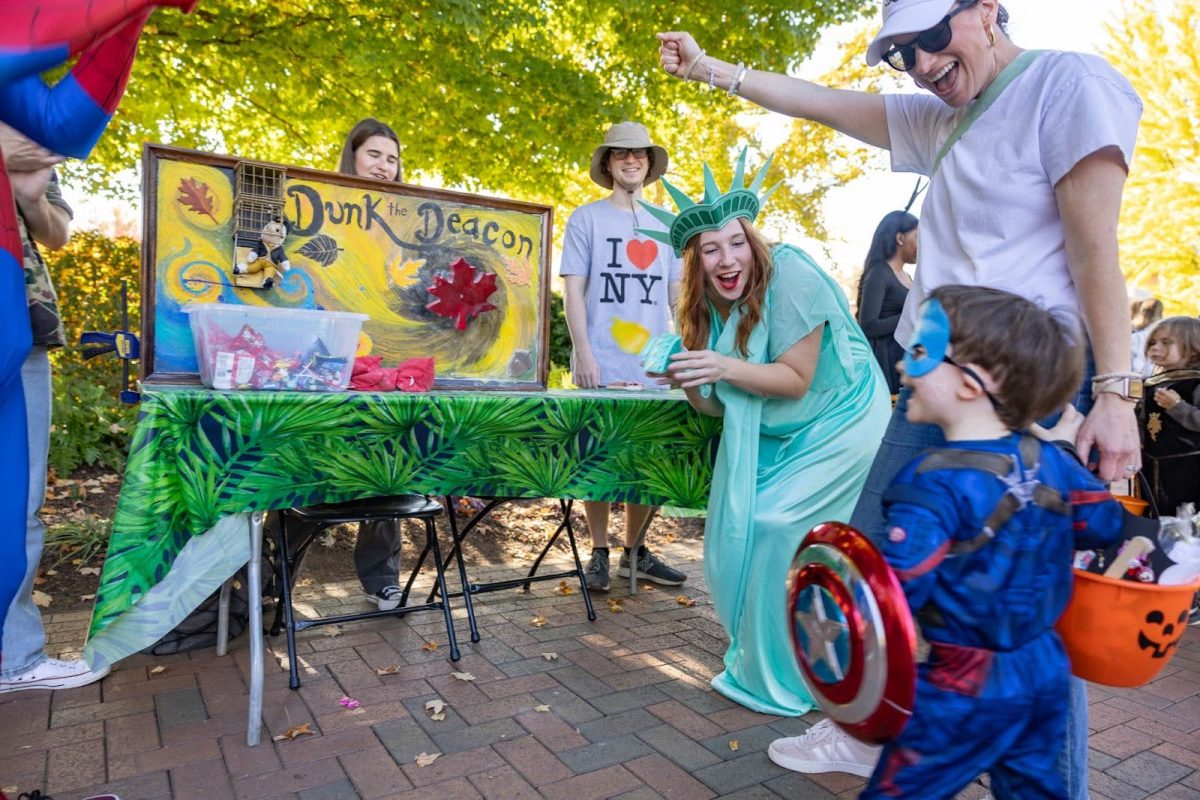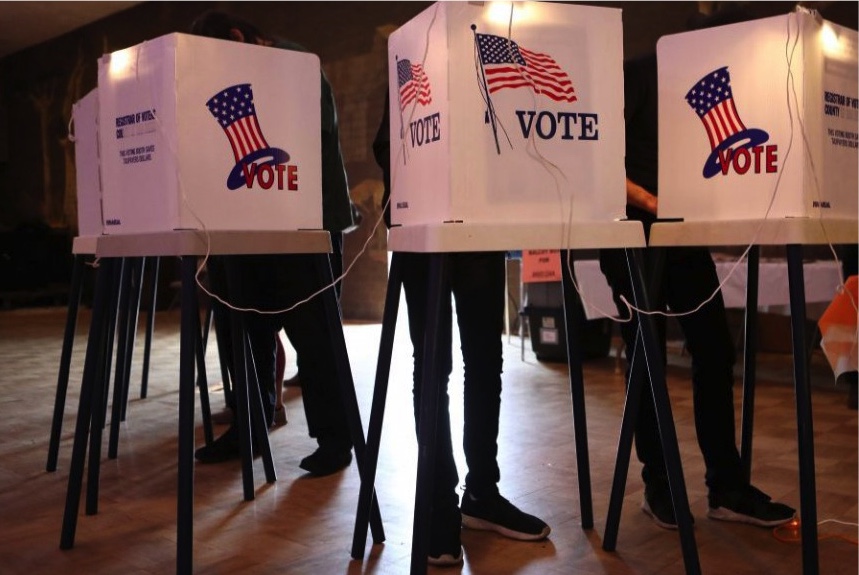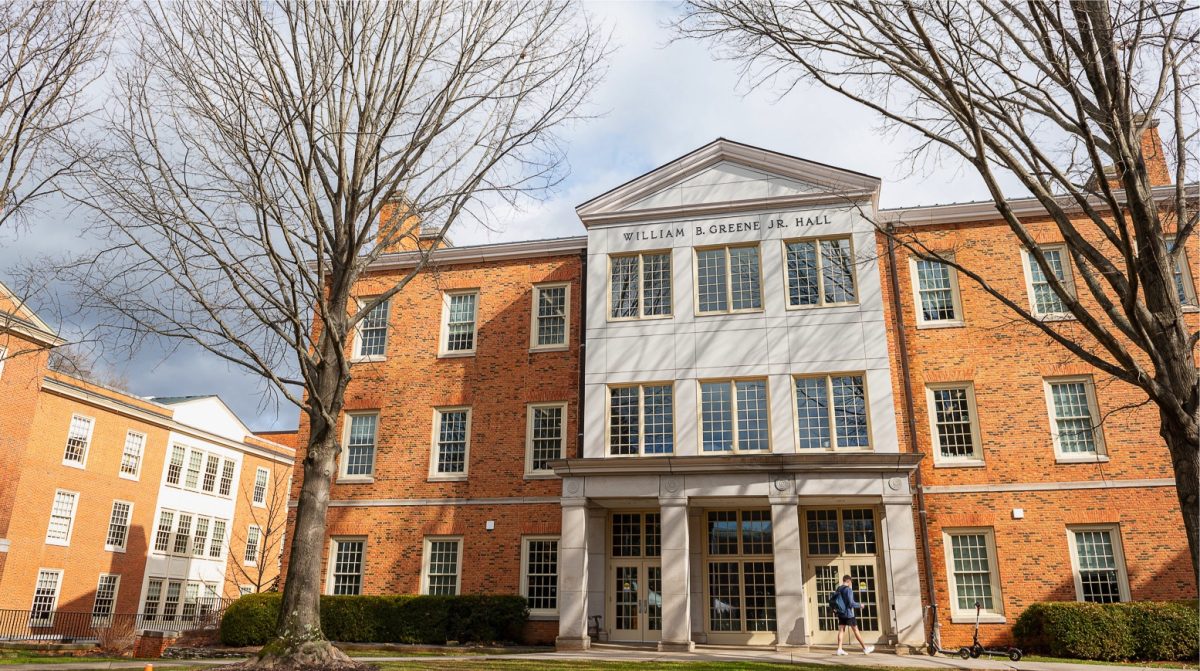“Beyond the Waves: Getting To Know Feminism” was an interactive learning experience led by Colleen E. Lofton, assistant director of the Women’s Center.
Lofton opened up the discussion with an interesting icebreaker.
“If you could be any household appliance, what would it be?” Lofton said.
The women in the room fell silent at the peculiar yet intriguing question. After taking a few moments to ponder, everyone began answering. The answers varied quite a bit.
What was great about this initial exercise was that it opened up the room to some lighthearted fun before delving into a much deeper discussion on feminism.
Lofton began this part of the discussion by asking participants to take a look at the trivia boards laid out on the desks. Each board listed out several defining terms such as “gender identity,” “gender reassignment,” “gender expression,” “patriarchy,” “sexism,” “intersectionality,” “transgender,” etc.
Lofton then proceeded to read a definition that would correlate to one of the words listed on the trivia boards. Participants were asked to guess which word belonged to which definition.
Lofton stayed true to the title of this event, “Getting To Know Feminism,” by beginning with an exercise that allowed participants to familiarize themselves with concepts dealing with gender inclusion. The trivia game prompted many questions and comments from participants about what the words meant or how they’ve each experienced some of the terms in their personal life.
Following the trivia game, Lofton asked students to pick up the second sheet of paper on the desk, titled, “Plan A Wedding.”
This exercise asked participants to describe a wedding in three stages. The first stage was labeled “Then Comes Marriage,” a play on a popular children’s song that lays out the stages of a heterosexual relationship — “first comes love, then comes marriage then comes a baby in a baby carriage.”
Freshman Isabella Idol deconstructed the implications of this title. “The way the sentence is phrased almost makes it sound like women are expected to get married and have children at some point,” Idol said.
Several students also discussed the heteronormative practice of proposals. A male asking his female counterpart’s father for her hand in marriage is a practice that dates back to when marriage was a property exchange.
Several participants agreed that marriage should be a mutual decision after extensive discussion between both parties and should not be a split second decision forced upon one party for the sake of spontaneity (i.e modern day proposals).
The second stage was titled “Bridezilla: Prep Work for a Wedding,” to evoke the negative backdrop associated with a woman taking initiative and making sure all goes well on such an important day.
Through the discussion, participants explored the way a woman is written off as being too “bossy” and controlling when she’s assertive in her wedding planning.
There seemed to be a general consensus in the room that this is a disparaging term that should be retired.
The third and final stage was entitled “The Happiest Day of Your Life: The Day of the Wedding,” which addressed the way that many girls are taught from a young age to aspire to marriage with the hopes of living the “happy ever after” fairy tale. The discussion concluded, however, that not all women need to have this vision for their lives, and at the end of the day, it’s what makes the individual happy that matters.
This talk allowed women who had both similar and different experiences to learn about the applications of feminism within the context of the U.S. together.


